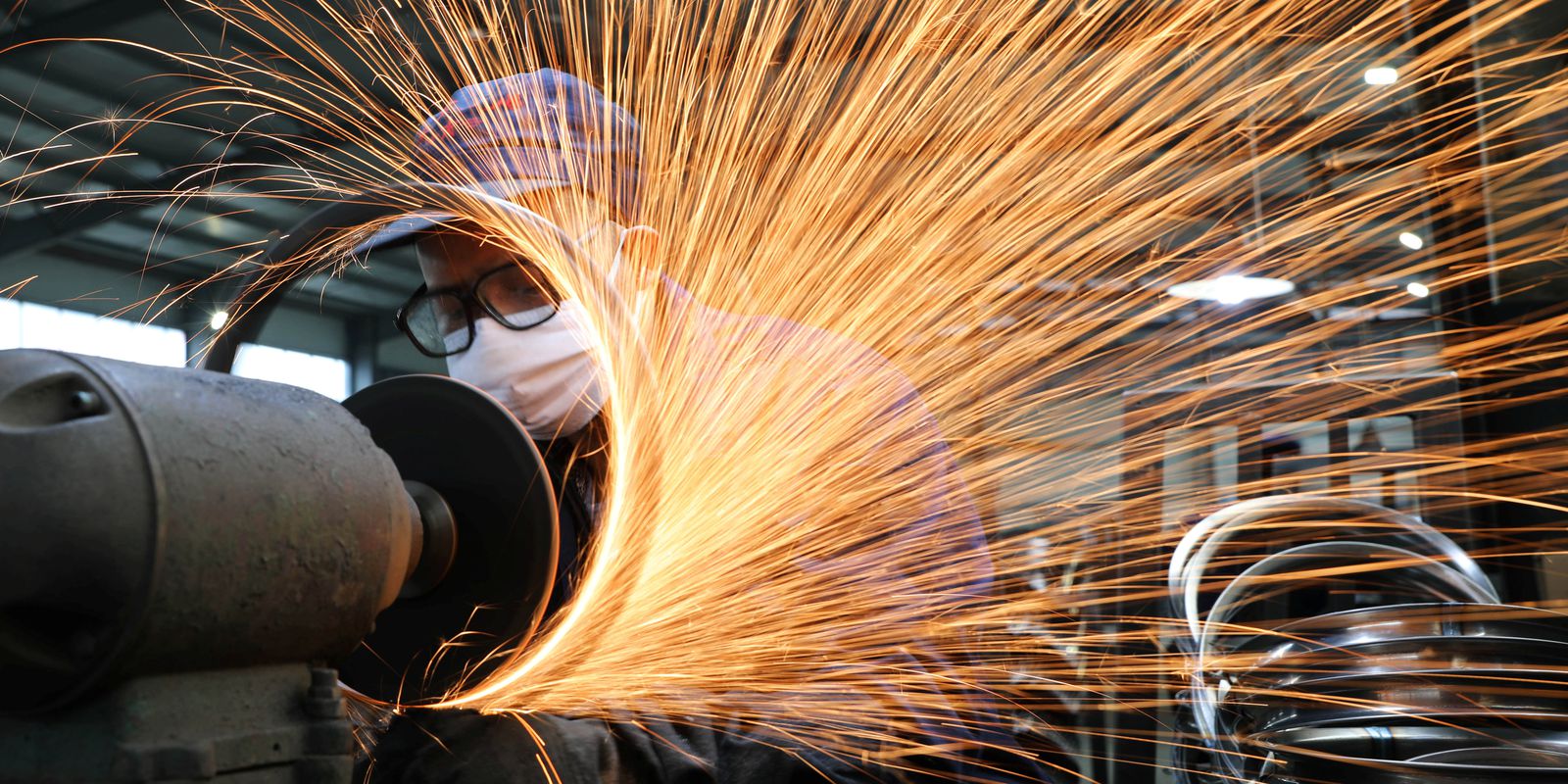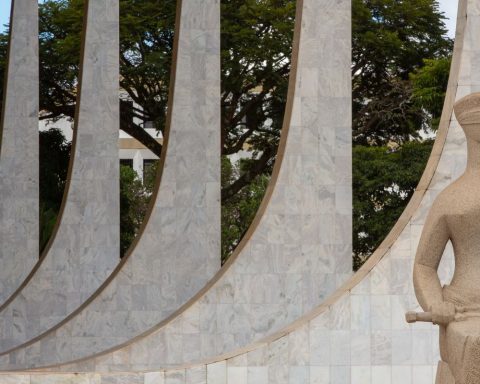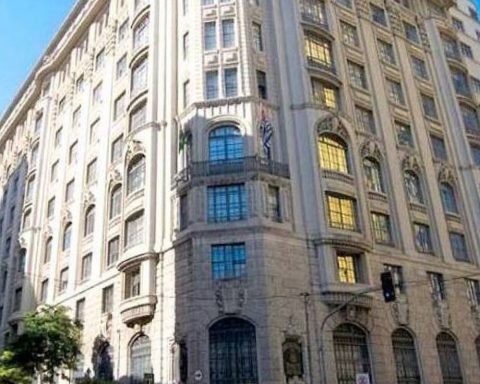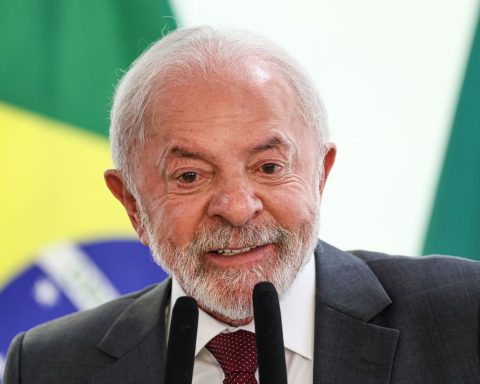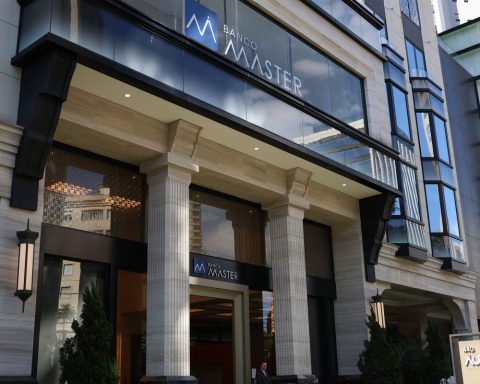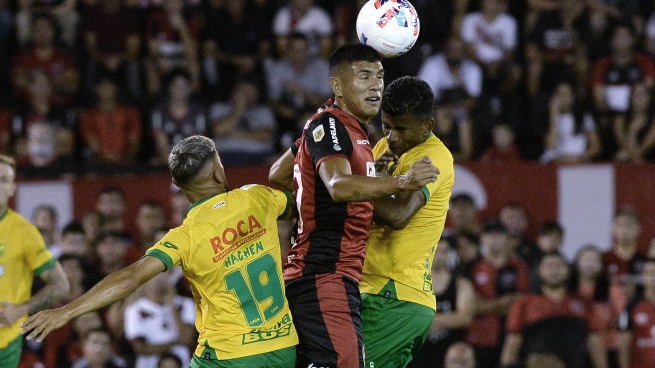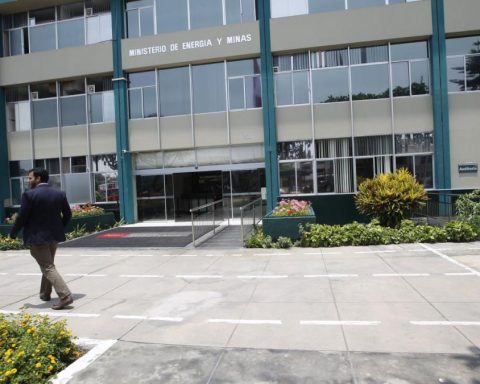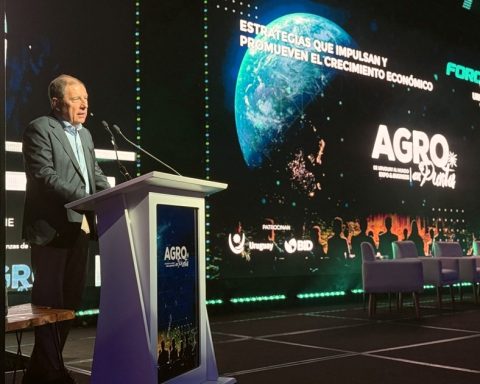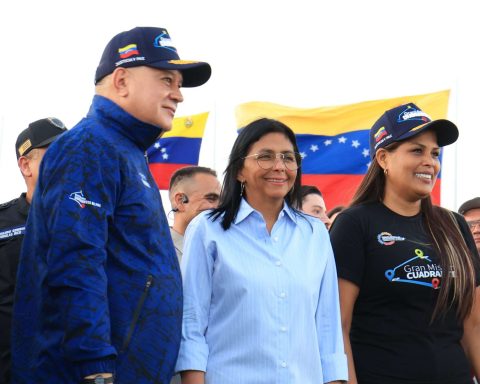The Ministry of Economy confirmed today (25th) that the United Kingdom has decided to no longer apply protective tax measures on the import of steel sheets and cold-rolled steel products.
According to the ministry, the British decision was announced on Friday (23), just four days after the United States International Trade Commission (ITC) decided to revoke the trade defense tariffs (antidumping) that had been in effect for more than 5 years. charged on cold-rolled steel products from Brazil.
With the safeguards removed, Brazilian steel becomes more commercially competitive. The United Kingdom and the United States are two of the main markets for Brazilian steel products. Of the approximately US$7.3 billion that Brazil exported to the world in 2019, more than US$3.4 billion went to the United Kingdom and the United States.
According to the Ministry of Economy, the British authorities were convinced by the argument that the volume of Brazilian exports fell within the parameters of tax exemption authorized by agreements signed within the scope of the World Trade Organization (WTO).
About a year ago, all steel sheet and cold-rolled steel product that Brazilian steelmakers sold to the UK above the maximum volume periodically reviewed by the UK authorities was subject to a 25% surcharge.
The United States, on the other hand, will no longer charge additional fees that could reach 46% (35% antidumping duty and 11% countervailing measure) on cold-rolled steel products purchased from Brazil. According to the Ministry of Economy, the US decision applies exclusively to Brazilian products, with the protective measures applied to other countries having been maintained.
Revision
On the same day that it revised the conditions for importing steel products from Brazil, the United States International Trade Commission reassessed the protective measures applied to products from China, India, Japan, South Korea and the United Kingdom.
In a note, the US commission explained that the action is part of the review process that international trade rules establish that must occur every 5 years. Under these rules, within that period, the United States must revoke any protective or compensatory measures if it is unable to determine that doing so is likely to lead to the continuation or recurrence of the conditions that prompted the same measures.
